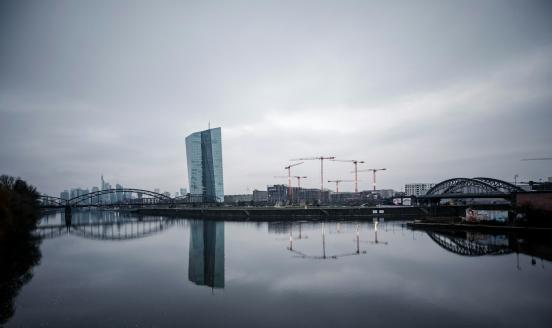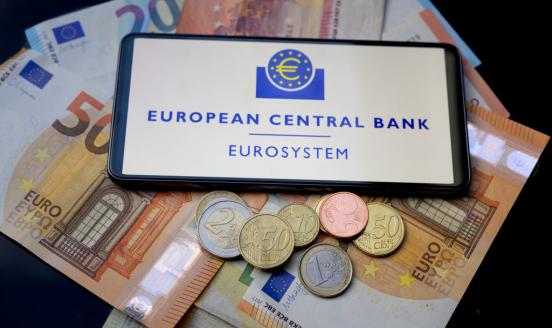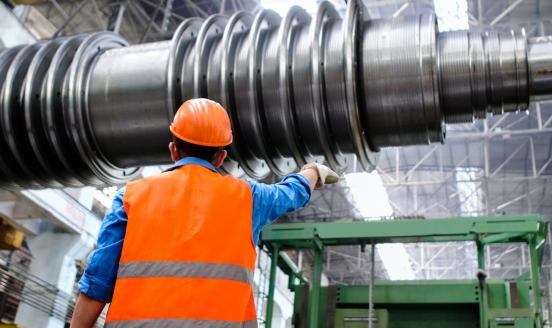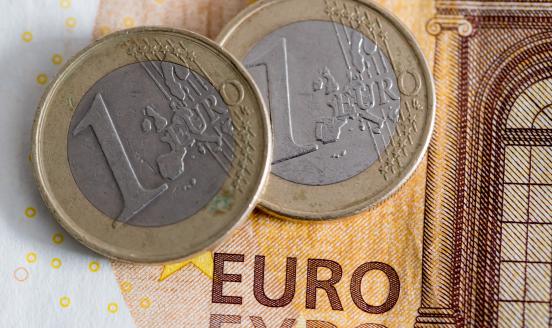How can de-risking lead to greater economic security?
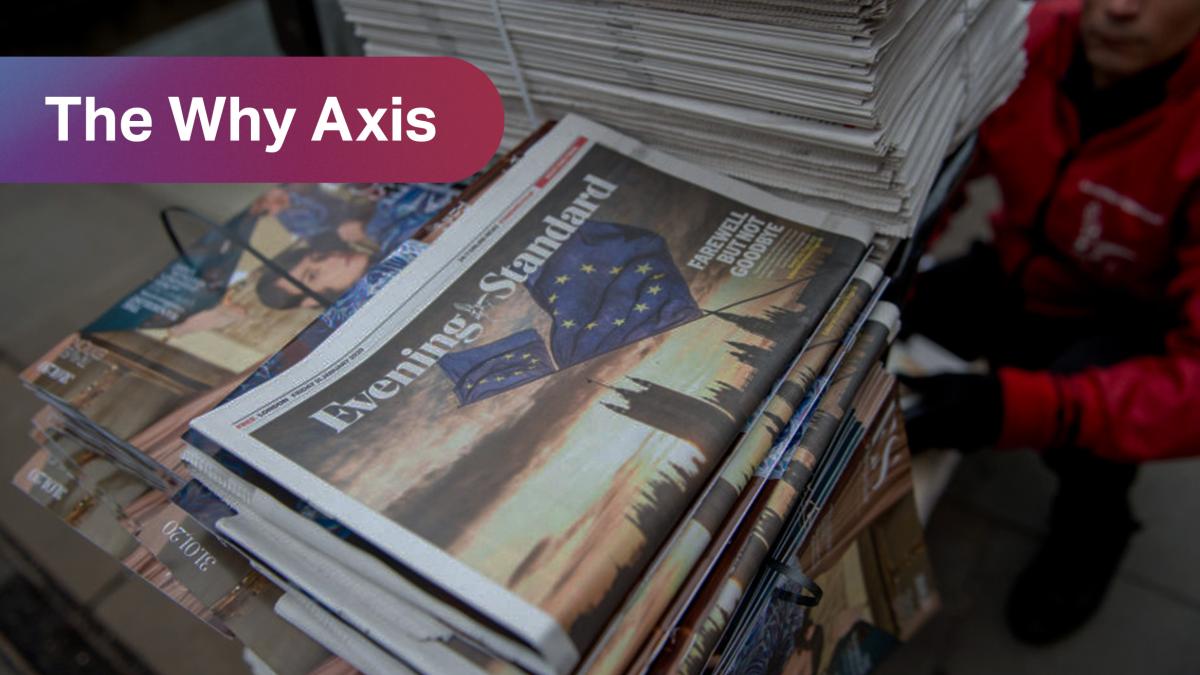

When President von der Leyen first spoke about de-risking in March, before her trip to China alongside President Macron, she marked an important shift in Europe’s attitude to economic security.
Motivated by an uncooperative US president, the EU had up until then considered becoming strategically more autonomous. But this was an elusive concept, which soon started reflecting protectionist instincts, promoting a narrative of greater autonomy and overshadowing the urgent need for global cooperation.
With de-risking, the EU now sets the record straight. Openness and competition are still parts of the value system. But just like in a firm, de-risking is crucial for business continuity. The Russian invasion of Ukraine demonstrated how vulnerable the EU had allowed itself to become, by relying strongly on cheap energy from Russia. As events showed, this had greatly endangered the EU’s ‘business continuity’; in other words, the ability to run its economy at a desired pace.
While the analogy of the EU as a firm is not perfect, it demonstrates that diversification and de-risking are good economic motives that optimise not only costs but also resilience. If a supply chain is too long and complex, it becomes unreliable, and it therefore makes good economic sense to shorten it without invoking political motives.
But one could also take de-risking too far and jeopardise efficiency in the name of resilience. De-risking is a good economic strategy, but it must not be allowed to become a tool for de-globalisation.
The Why Axis is a weekly newsletter distributed by Bruegel, bringing you the latest research on European economic policy.
